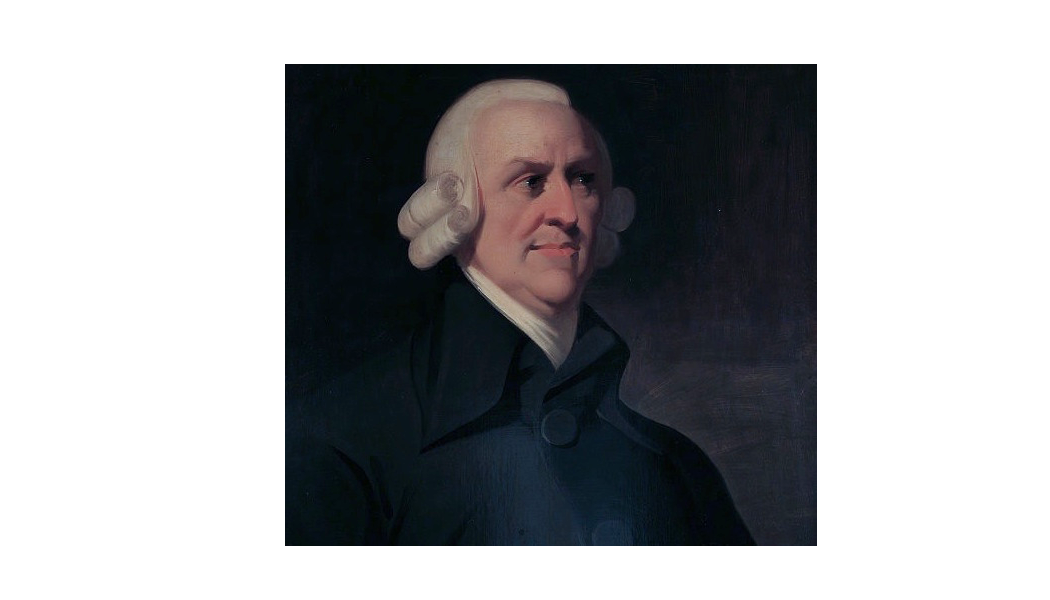Known as the father of the economy, Adam Smith was born in Scotland in 1723 and died in 1790 when he was 67 years old. The effects of this branch of philosophy can be seen intensely in the economic explanations of Smith, who is a professor of moral philosophy. Smith reports that there is order in economics and natural phenomena, and that can be determined by moral sense and observation. Detailed information about of Adam Smith who is the father of economy and economic views of Adam Smith are rest of article. You can browse here for economy news.
Who is Adam Smith, the Father of Economy?
Adam Smith was a professor of philosophy and ethics at Glasgow University, but then began to move towards the field of law and economics. One of the most important works of Adam Smith, who works in this field, is The Wealth of Nations. The main topic of this book is economic growth. The Wealth of Nations was an influential work of its time because it enabled the emergence of the discipline of economics and helped it become systematic. When this book was published in 1776, the understanding of free trade was spreading in the USA and England.
The book has become a manifesto against the theory (mercantilism) that large ingot reserves are essential for economic success. This understanding has emerged from poverty and distress. In The Wealth of Nations, Adam Smith also opposes the value given by the physiocratic understanding to the importance of the land. Smith, believing in the importance of workers and labor force, stated that production can increase thanks to them. With these theories, nations have found success, and some economists have tried to refine Adam Smith’s classical economic theory. For this reason, the understanding of modern economy has developed over time.
One of the issues mentioned in the Wealth of Nations is that the free market is driven by the “invisible hand”, even though it seems uncontrolled, disorganized and free. This orientation is for the right variety and quantity to be produced. Smith states that when there is a shortage in the production of a product, its price will increase, but if more producers enter the market, the price will decrease due to increased competition and supply, that is, it will decrease to the natural market price (average market price). Stating that people take action and enter the market is a result of greed, Adam Smith has shown that as a positive result of this situation, competition has increased and prices always remain low. Smith opposed monopolization.
While Adam Smith did not oppose the existence of the government, he was completely against its restrictive policies. He argued that the government’s involvement in the economy caused high prices and inefficiency in the long run. Smith’s laissez faire theory influenced the laws of the government, especially in the 19th century.
For information about Adam Smith: https://en.wikipedia.org/wiki/Adam_Smith
